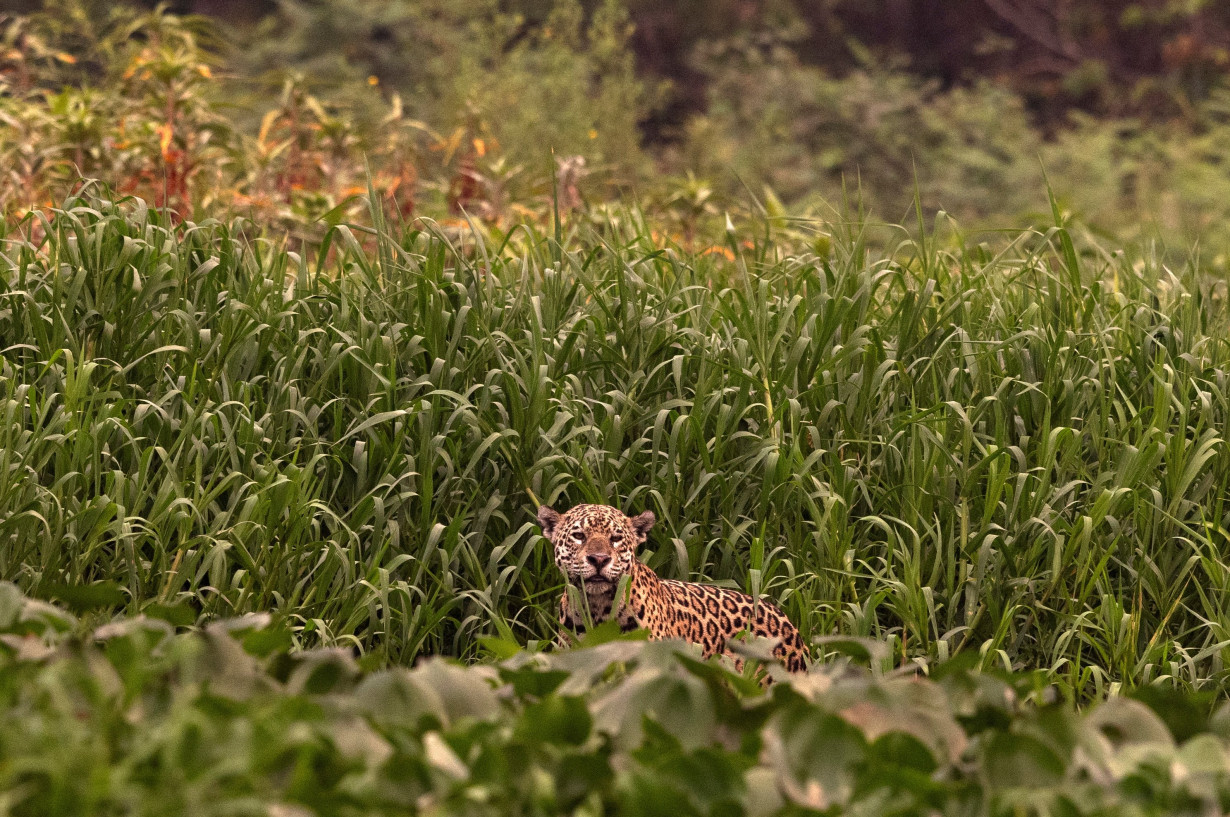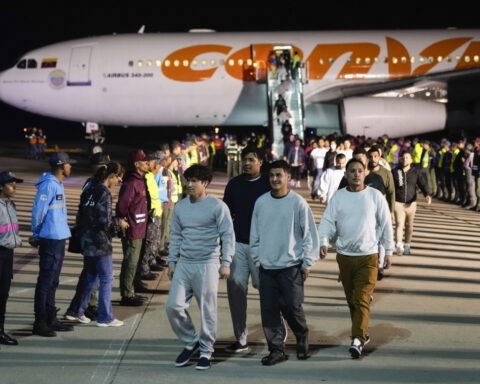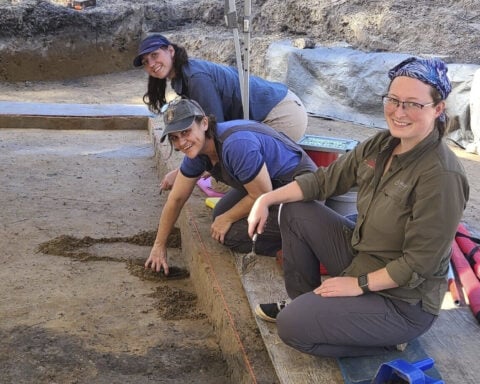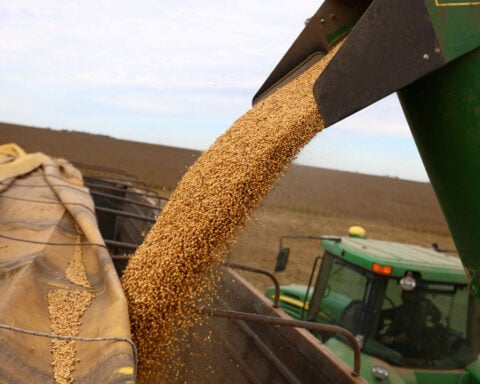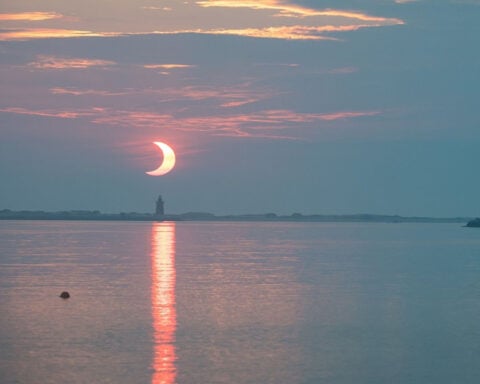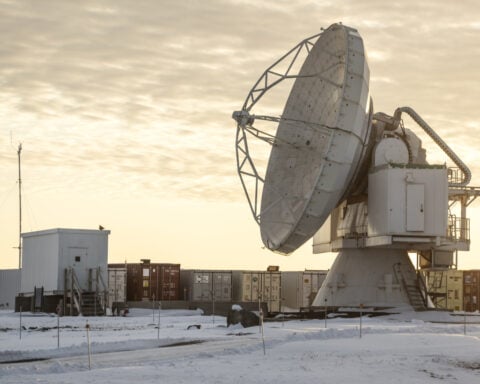By Ana Mano and Leticia Fucuchima
SAO PAULO (Reuters) -The governor of Brazil's largest farm state Mato Grosso said on Monday he would veto a state bill that sought to weaken protections for endangered biomes inside state borders, following broad criticism from climate activists.
The law would allow areas currently located in the Amazon biome to be converted into Cerrado areas based on the height of trees.
That meant that Mato Grosso properties sitting on the Amazon biome, which have to protect 80% of native vegetation as per Brazil's Forestry Code, could have been converted into Cerrado areas, which have to preserve a much lower 35%.
In a statement from the Mato Grosso state on Monday evening, Governor Mauro Mendes said he decided to fully veto the bill after hearing a technical opinion and the sectors involved in the matter.
Mendes added that a new bill, "consistent with the environmental laws", will be presented in up to 90 days.
Suely Araujo, public policy coordinator at the Climate Observatory, called the proposed law unconstitutional in an interview earlier on Monday, arguing it conflicted with federal statutes. She said it could be challenged in the courts.
"The new legislation could cause an increase in deforestation estimated at 5.2 million hectares... an area the size of Costa Rica," IPAM, the Amazon Environmental Research Institute, said in a statement.
The measure Mendes said he would veto was approved in the first days of January by lawmakers in Mato Grosso, which produces almost as much soybeans as Argentina and nearly a quarter of Brazilian fresh beef exports.
Earlier in the day, the office of governor Mendes said it had proposed something entirely different from the text approved by the state legislature, but declined to comment on a potential veto.
Pressure from farm groups to open up more areas for large scale agriculture projects is rising.
As a response, Mato Grosso recently passed a law removing tax breaks for grain traders enforcing the "soy moratorium," a voluntary agreement whereby exporters ban farmers who cultivated soy in a deforested area after 2008.
Next month, the Supreme Court will rule on whether that law is constitutional.
(Reporting by Ana Mano and Leticia Fucuchima; Editing by Alistair Bell and Sonali Paul)

 Trump has begun another trade war. Here's a timeline of how we got here
Trump has begun another trade war. Here's a timeline of how we got here
 Canada's leader laments lost friendship with US in town that sheltered stranded Americans after 9/11
Canada's leader laments lost friendship with US in town that sheltered stranded Americans after 9/11
 Chinese EV giant BYD's fourth-quarter profit leaps 73%
Chinese EV giant BYD's fourth-quarter profit leaps 73%
 You're an American in another land? Prepare to talk about the why and how of Trump 2.0
You're an American in another land? Prepare to talk about the why and how of Trump 2.0
 Chalk talk: Star power, top teams and No. 5 seeds headline the women's March Madness Sweet 16
Chalk talk: Star power, top teams and No. 5 seeds headline the women's March Madness Sweet 16
 Purdue returns to Sweet 16 with 76-62 win over McNeese in March Madness
Purdue returns to Sweet 16 with 76-62 win over McNeese in March Madness
